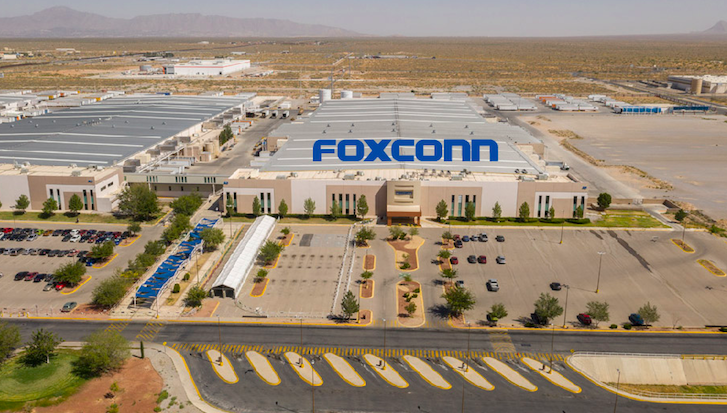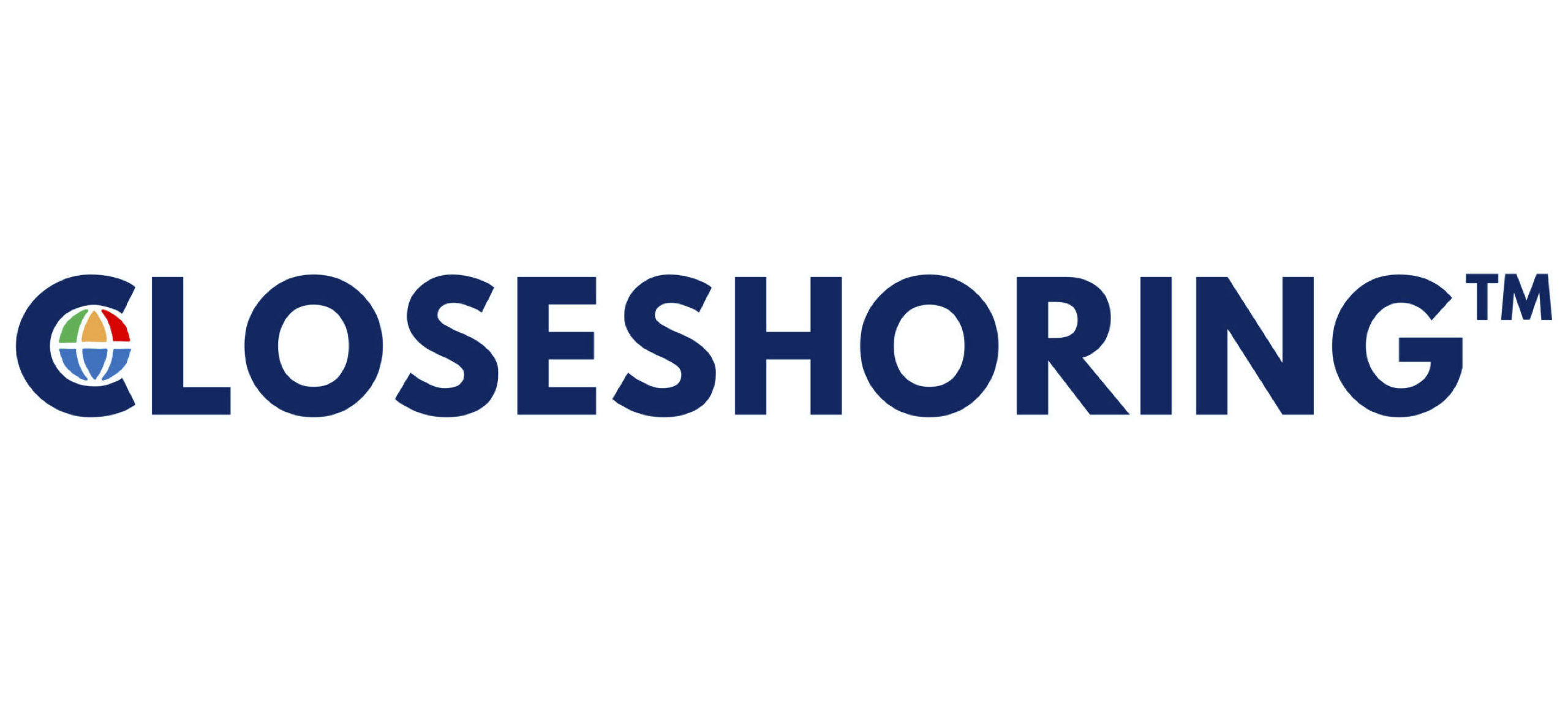
Insights
The Economics of Reshoring Favor North America

If there is anything companies have learned from the COVID-19 crisis it’s that risk reduction in supply chains is critical. Now more than ever, supply chains are being subjected to rigorous risk analysis. As the cost and risk continue to rise for U.S. manufacturers with operations in China and other parts of Asia, labor saving technology has accelerated to further improve the economics of reshoring. Advances in technologies like robotics, unattended machining, additive manufacturing, machine vision and artificial intelligence have allowed North American manufactures to enhance safety and boost productivity. These advances have afforded cost reductions for manufacturers without the risk and problems inherent in offshore manufacturing.
Northern Mexico Is Attractive To iPhone Manufacturers
Taiwan-based consumer electronics makers Foxconn and Pegatron are seriously considering establishing new manufacturing facilities in Mexico to mitigate risks related to the trade war and pandemic. According to multiple sources, the companies are considering Northern Mexico, including sites in Cuidad Juarez near the border with the USA. Foxconn already has a substantial manufacturing presence at San Jeronimo near the Santa Teresa NM border crossing.
https://www.newsreap.com/foxconn-other-asian-firms-consider-mexico-factories-as-china-risks-grow/

The Reshoring Revolution Will Involve Affordable Robots
Rapid Robotics, creator of the first ready-to-work robotic machine operator, has received $5.5M in seed funding from Greycroft and Bee Partners. With the first affordable robotics solution for executing simple machine operator tasks, Rapid is helping US manufacturers reduce costs and recapture billions of dollars of revenue currently flowing to offshore competitors. Rapid customers are saving an average of $110,000 per year for each robotic machine operator they install, achieving positive ROI in as little as three months.
The Pandemic Has Resulted in a North American Manufacturing Renaissance
Federal support for reshoring to the USA of manufacturing and supply chains has been seriously discussed in Washington D.C. Some companies have already started reshoring without any government support. Others may need some direct financial support from the government, and/or tax code changes that discourage offshoring and incentivize reshoring. The Wall Street Journal and Reuters reported earlier this month that there was “widespread discussion underway” for a reshoring fund aimed to “drastically revamp their [(the U.S.’s)] relationship with China.”

Boeing Returning Manufacturing of Components, and Jobs to the USA
A recent survey by Supply Chain Dive indicated that 64% of manufacturers expect reshoring to be one of the most likely consequences of COVID-19. Boeing outsourced the manufacturing of many components of its 787 airliner to suppliers in Italy, Sweden, China, and South Korea, resulting in 30% foreign-made components for the 787. This decision led to cost increases, not savings as initially expected. Trade policies, global supply chains risks, constantly rising labor costs overseas resulted in a decision by Boeing to reverse its offshoring decision and launch several reshoring initiatives, bringing jobs back to the USA.
https://www.thomasnet.com/insights/boeing-reshoring/

Contact Us

